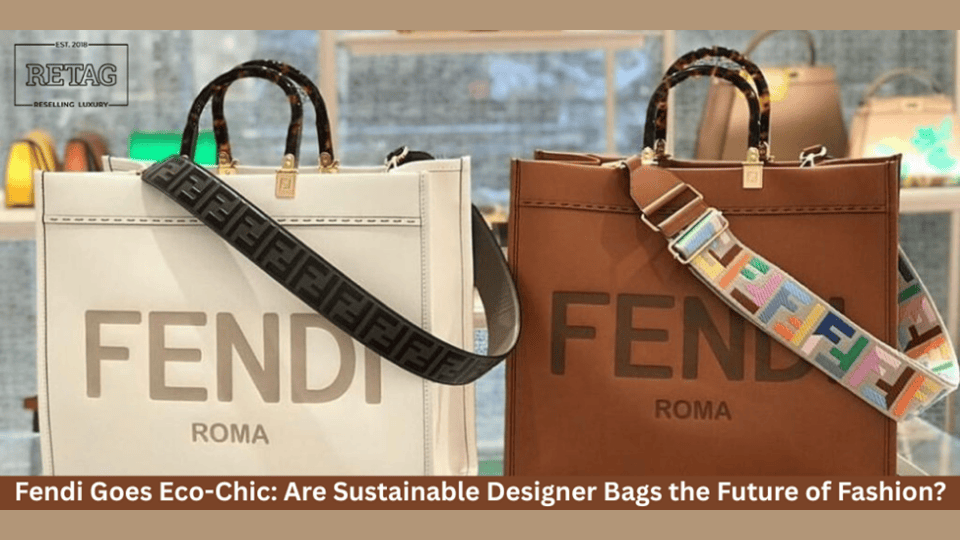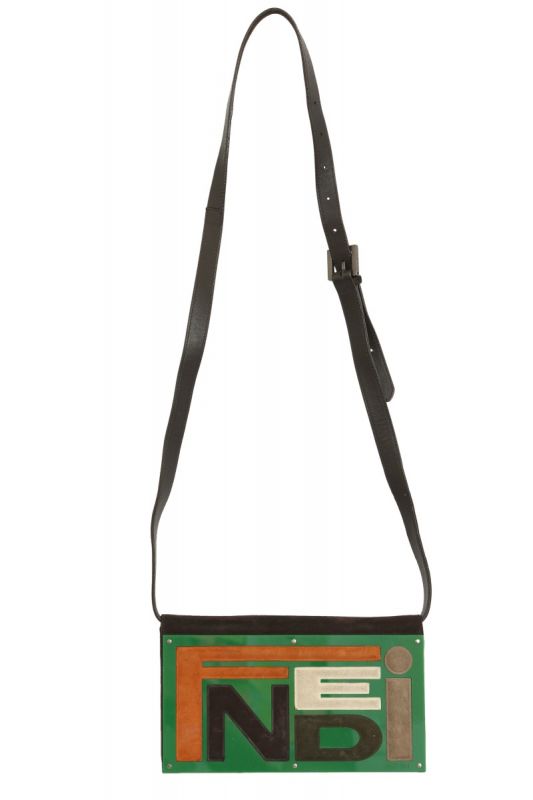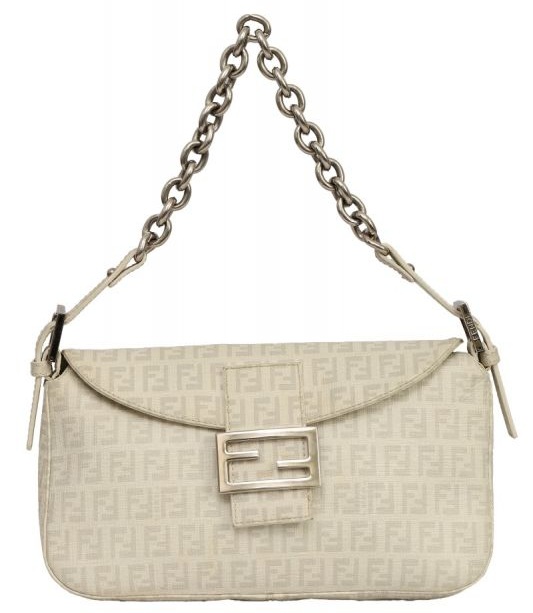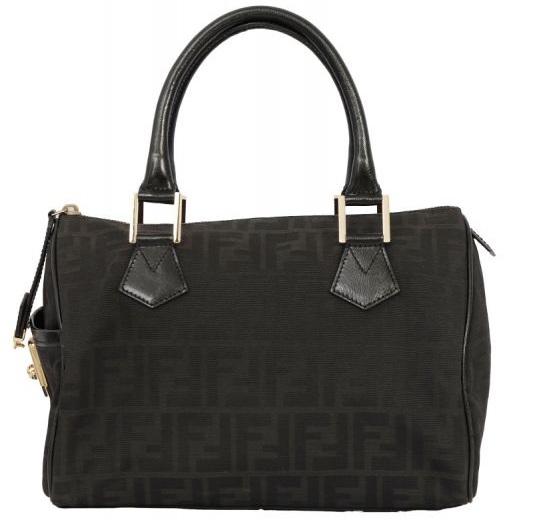
In the domain of sophisticated fashion, Fendi marks a new chapter with the fusion of its eco-conscious approach and style in the luxury industry. Eco-friendly methods that used to be small-scale are now practiced by leading brands in terms of sourcing materials and the production process.
Leading this movement is Fendi, along with other luxury labels that demonstrate upscale fashion can be both elegant and eco-conscious. Fendi's growing use of recycled fabrics and the creation of designer bags from sustainable materials is not a fleeting trend; rather, it signals a new direction in fashion one that revolves around circularity and environmental awareness.

For a long time, Fendi has represented the elegance of Rome and contemporary fur artistry. It has also been known as the epitome of the “Ferrari of accessories,” a title that has helped shape different fashion eras. Think of the Baguette that turned heads or the sophisticated Peekaboo both symbols of Italian craftsmanship.
As the brand evolves with time, its traditional values are now paired with modern, eco-conscious principles. Fendi’s sustainable shift is extensive and thoughtful, encompassing far more than a single capsule collection. Some of the initiatives the brand is taking to lessen its environmental impact include:
- A commitment to running all stores and production facilities on renewable energy by 2026, alongside an aim to phase out fossil oil–based plastics by the same year.
- With The launch of the “FF Green Interlace Capsule Collection,” where Fendi reissues its iconic bags like the Peekaboo and Baguette this time crafted from sustainable cotton and recycled polyester.
- Demonstrating that eco-consciousness is not a compromise for luxury or design. On the contrary, it becomes an added benefit, allowing the owner to take pride in knowing their bag contributes to positive progress in the fashion industry.
- Crafting bags using Fendi’s intricate interlace technique, which showcases the brand’s evolving craftsmanship while honoring its heritage of fine artisanship.
Alongside the use of recycled materials, Fendi is investigating newer methods for age-old custom, as exemplified by the “Hand in Hand” initiative. This initiative required Fendi to collaborate Italian artisans in creating a masterpiece from their staple Baguette bag. Fendi’s approach not only helps with the preservation of local craftsmanship but also encourages the circular mindset by reimagining and reusing designs.

This is an elegant example of how age-old craftsmanship and brand partnerships can create cutting edge luxury products. Where do shoppers fit into the equation, and how do these efforts in high-end fashion sustainability relate to the bigger picture of retail?
This is the Retag.in model, which is the perfect example of a solution that balances the demand and supply of circular fashion. Retag.in serves as a marketplace for luxury items and operates on a circular economy. Through their curated selection of authenticated, gently used merchandise, Retag.in helps in giving luxury goods a second life, reducing waste and promoting circulation. This is a step consumers can take towards sustainable fashion that doesn’t sacrifice the luxury experience. Gently used items tell a unique story, and Fendi bags are no exception.

Fendi bags are available on Retag.in, a platform specializing in authenticated pre-loved luxury items. The pricing of such products signifies a sustainable mindset by enabling more individuals to enjoy luxury. For instance, you can find:
- Fendi Zucchino Mama Forever Baguette Flap Shoulder Bag: approximately INR 47,999
- Fendi Monogram Mama Baguette Shoulder Bag: approximately INR 48,999
- Fendi Black Zucca Boston Bag: approximately INR 31,999
- Fendi Pink Fendista Pochette Crossbody Bag: approximately INR 30,500
- Fendi Zucca Chez Canvas Side Lock Boston Bag: approximately INR 39,999
The pricing of these Fendi bags demonstrates the financial benefits of purchasing pre-owned goods and supports a more circular fashion system.
Consumers purchasing a second-hand Fendi handbag from credible sites like Retag.in are extremely active.
The initiative taken by Fendi to seamlessly integrate recycled materials and responsible business ethics within their main business model settings is strongly directed at the wider fashion industry. The initiative proves that the realm of luxury can embrace sustainability, and the value of an advanced and refined product need not be related to the price or the hotcake for high-end products but to the ethical and environmental sustainability factors associated with the product.
Fashions guided by sustainability are not aimed at investing in the brand new, but in materials that were recycled and innovating with them in honor of fashion artisan and circularity. Think about the story accompanying a bag before purchasing a timeless Fendi. It could be the most sustainable choice.
